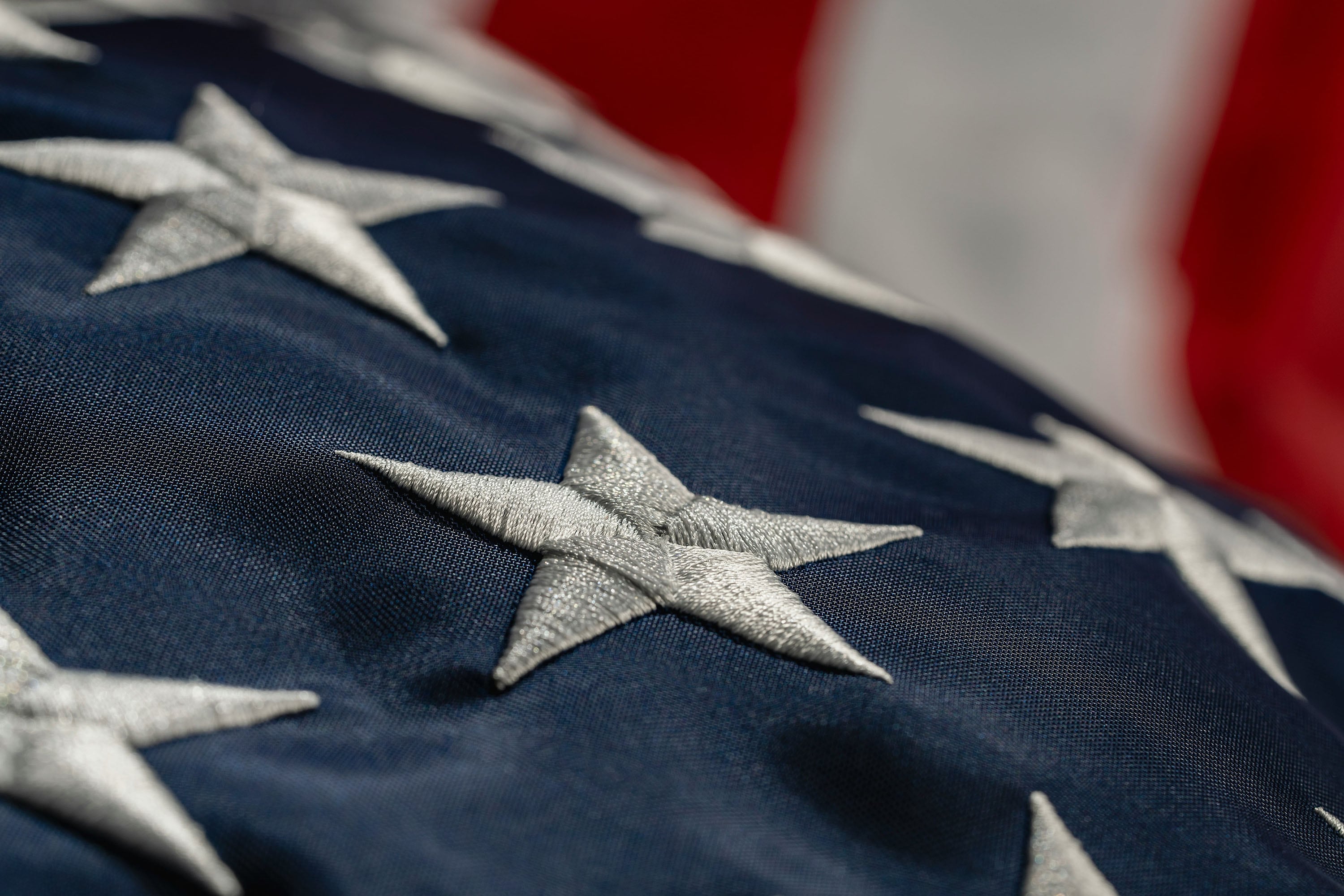
.svg)
The U.S. Department of State (DOS) announced today that, beginning October 16, 2025, all individuals registering for the Diversity Visa (DV) Lottery (or “green card lottery”) must pay a $1 electronic registration fee. This is the first time that participants will be charged simply to enter the annual lottery.
The State Department said in its announcement that the change is intended to distribute the costs of managing the DV lottery more evenly across all registrants, instead of placing the burden only on the small number who are selected to apply for a visa.
The new policy comes weeks before the registration period for the 2027 DV lottery, which opens in early October (exact dates to be announced by DOS).
{{newsletter-component}}
Key Details About the New Fee
- $1 registration fee: All participants must pay $1 when submitting their electronic entry on the official U.S. government website. Payment must be made through an authorized U.S. government portal at the time of registration.
- Application fee unchanged: The $330 DV application fee for selected applicants remains the same. However, certain administrative costs once covered by this fee will now be covered in the registration fee instead.
- Non-refundable: Registration fees will not be refunded, regardless of lottery results or whether applicants move forward with a visa application. Fees cannot be transferred between lottery years.
Why Was a DV Registration Fee Introduced?
The DV lottery grants up to 55,000 immigrant visas each year to applicants from countries with historically low levels of immigration to the U.S. In recent years, the program has received tens of millions of entries annually, resulting in significant administrative costs for the government.
According to DOS, the new fee structure means that an estimated 25 million annual registrants will help cover program expenses, rather than only the 55,000 lottery winners who move forward with applications. This change is expected to generate approximately $25 million annually in new revenue for the DV lottery’s operational costs, which include system upgrades, enhanced data collection, and security reviews.
The Department also noted that the fee could help reduce fraud by discouraging third-party scammers from submitting multiple fake entries.
What This Means for DV Lottery Applicants
Impact on the U.S. Immigration System
This fee adjustment is part of a broader trend of introducing or increasing fees across U.S. immigration services. It reflects a shift in how program costs are shared, placing greater responsibility on applicants and less on the U.S. government, and aligns with the Trump administration’s push for increased oversight of the immigration system.
The State Department said it expects overall demand for the DV lottery to decline slightly as a result of the new fee. Fewer entries could improve odds for applicants while easing the administrative burden of processing tens of millions of registrations.
Barriers to Entry
For millions of people worldwide, this policy introduces a new financial barrier to entry. For many, the cost will be negligible. But for applicants from countries with limited resources or economic opportunities — who make up a large portion of DV lottery participants — the fee could pose challenges. Some individuals may face restricted access to electronic payment systems or additional currency conversion fees, making it more difficult for them to participate in the lottery.
Because the DV program was designed to promote diversity in immigration, it raises concerns that even a small fee could discourage applicants from underrepresented regions. Still, compared to other immigration-related costs, the barrier remains relatively low.
Additional Considerations
If you’re planning to enter the 2027 DV lottery or future green card lotteries, it’s a good idea to keep the following things in mind:
- Payment Preparation: Ensure you have access to electronic payment methods accepted by the U.S. Government payment portal. Check with your bank about any international transaction fees that may apply to your payment.
- Use Official Channels: Register exclusively through the official U.S. government website. Be particularly cautious of third-party sites that may charge additional fees or provide fraudulent services, especially given the new payment requirement that scammers might exploit.
- Registration Timing: The Department of State will announce exact registration period dates through the Federal Register and other official channels. Typically, registration periods last approximately one month during each fiscal year.
- Documentation: While the registration process remains electronic and relatively straightforward, ensure you have all required personal information and digital photos prepared before beginning your registration to avoid delays.
- Budget: Plan for the $1 registration fee in future DV lottery rounds, and remember that this is separate from the $330 application fee required if selected.
Bottom Line
For prospective immigrants, the new $1 registration fee is a modest but meaningful change. It may help make the DV program more efficient and discourage fraudulent entries, but it also creates a new obstacle — however small — for people from the disadvantaged regions the program was designed to support.
As U.S. immigration policies continue to evolve, staying informed about procedural changes like this is key to navigating the system successfully. Boundless will continue to track DV lottery updates and other policy developments to help you move forward with confidence.
{{cta-component-center-aligned}}
.png)
.png)
.png)








.svg)
.avif)